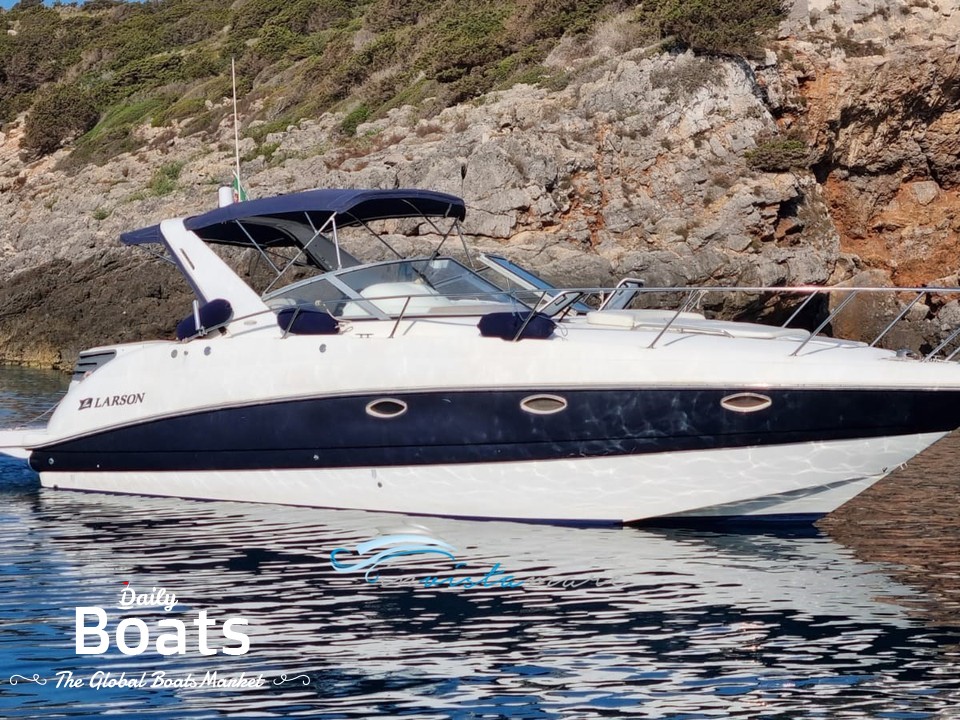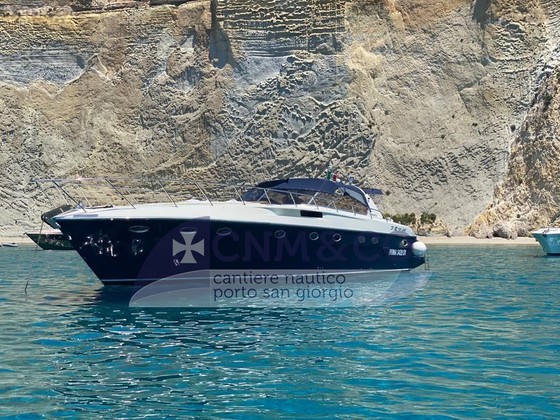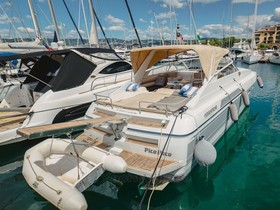Open boats

What are open boats?
Introduction
A boat is a vessel that is used for transportation of people or goods on water. There are many different types of boats, but in this post, we will be focusing on open boats. Open boats are defined as boats with an exposed deck and no cabin or other type of shelter. They can be further divided into two categories: open fishing boats and open pleasure boats. We will discuss the advantages and disadvantages of open boats so that you can decide if one is right for you.
What are open boats
Definition of an open boat
An open boat is a vessel with no enclosed cabin or superstructure, making it more exposed to the elements than closed boats. The term can refer to both power and sailboats. Open boats are typically used for fishing, pleasure cruising, and racing.
Types of open boats
There are many different types of open boats, including center console boats, runabouts, dinghies, and skiffs. Center console boats have a raised platform in the center of the boat where the captain stands to navigate. Runabouts are similar to center consoles but usually smaller and with less seating. Dinghies are small, lightweight boats that can be rowed or sailed; they are often used as tenders (smaller vessels used to transport people or supplies) for larger yachts. Skiffs are also small, lightweight vessels that can be rowed or sailed; they often have an outboard motor for propulsion.

The advantages of open boats
More affordable than closed boats
Open boats are more affordable than closed boats for a variety of reasons. First, they require less material to build, since they don't have a deck or cabin. Second, they're typically lighter and smaller, which makes them cheaper to register and insure. Finally, they're easier to maintain and clean, since there's no need to worry about water damage or mildew.
Easier to maintain and clean
As mentioned above, open boats are easier to maintain and clean than closed boats. This is because there's no need to worry about water damage or mildew, and they can be hosed down quickly after use. In addition, open boats typically have less complex systems than closed boats, so there's less that can go wrong.
Can go places that closed boats can't
Because of their shallow draft and light weight, open boats can go places that closed boats can't. This includes getting into tight spaces at the dock or in a marina, as well as exploring shallow waters that would be too risky for a larger boat.
The disadvantages of open boats
Less stable in rough waters
Open boats are less stable than closed boats in rough waters, due to their lower center of gravity and lack of a hull. This can make them more difficult to handle and more dangerous in storms or high waves.
More susceptible to the elements
Open boats are more susceptible to the elements than closed boats, as they lack a hull or cabin to protect against wind, rain, and sun. This can make them uncomfortable or even dangerous to use in bad weather conditions.
Not as private as closed boats
Open boats are not as private as closed boats, as they lack any kind of enclosure. This means that anyone on board will be exposed to the elements and other people on the water, which can be a problem for those who value privacy.
Conclusion
Open boats have a lot of advantages and disadvantages that should be considered before making a purchase. They are more affordable and easier to maintain than closed boats, but they are also less stable in rough waters and more susceptible to the elements. It is important to weigh all of these factors before deciding whether an open boat is right for you.







